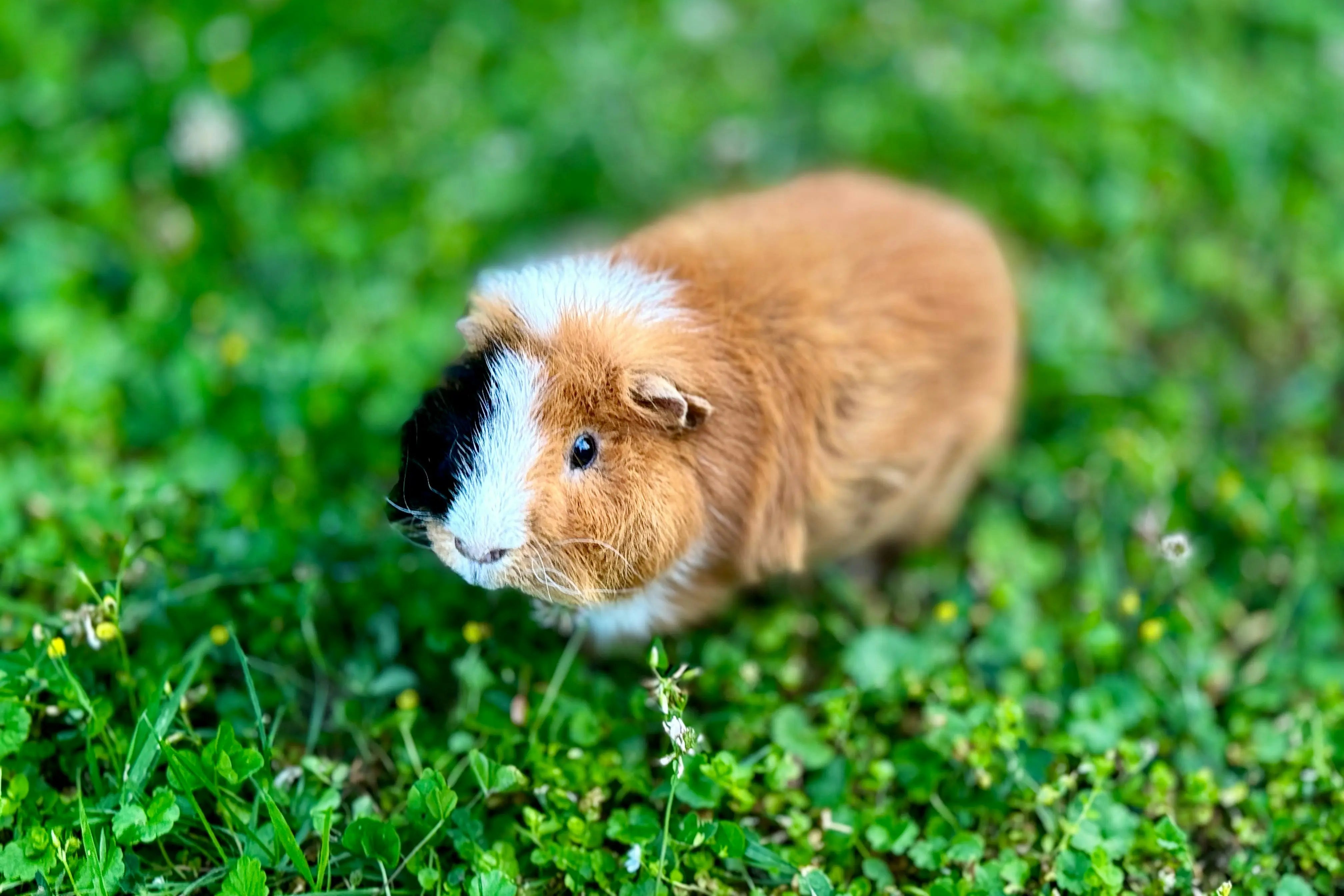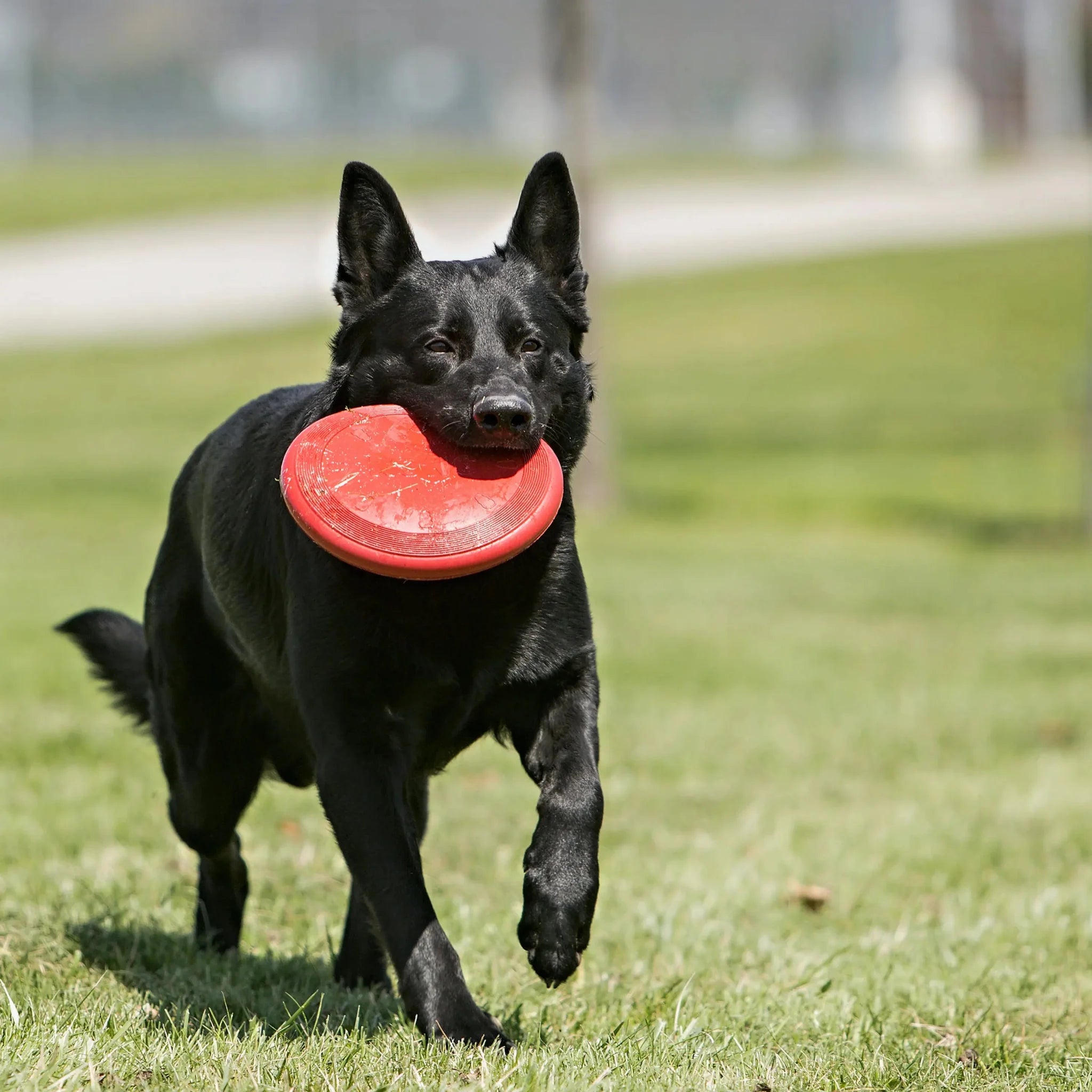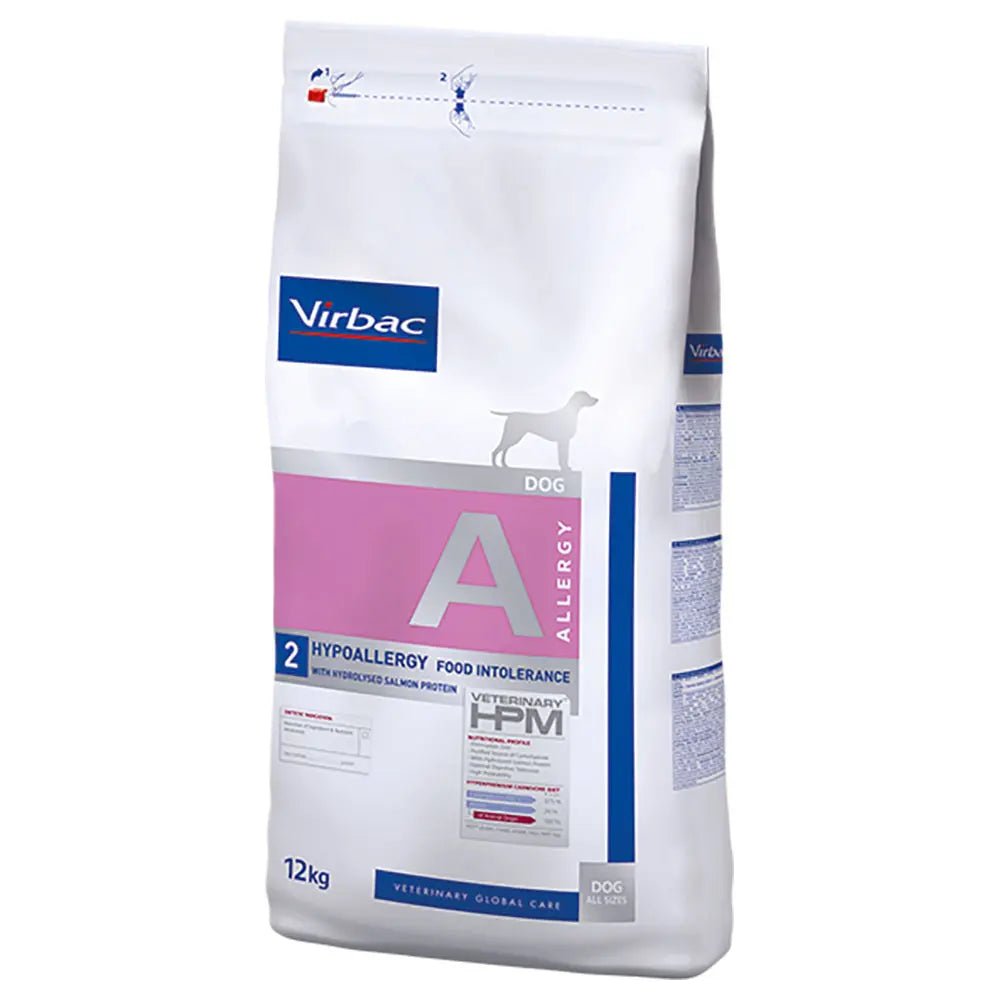When you get a puppy, there are many things to keep in mind. Everything from puppy food to vaccines and worming. It may be easy to think that worming is not that important for a puppy who, after all, is not outside much, but this is an important part of keeping your furry friend healthy and fit. In this article, we will take a closer look at why worming your puppy is important and when the treatment should be given.
Why does a puppy need deworming?
All puppies should be dewormed as protection against intestinal worms, especially roundworms, which they are particularly susceptible to. The worms can be transmitted to the puppies from the mother, including through breast milk. Carrying worms for a long time can lead to a number of health problems for the little one, and can affect digestion and growth, as well as lead to more serious illness. In addition, puppies have a weaker immune system compared to a full-grown dog. Therefore, deworming during the puppy period is important for them to stay healthy and grow into healthy and strong adult dogs.
When should the puppy be dewormed?
The first rounds of deworming for puppies are usually given by the breeder, while the final rounds must be administered by you as the owner. It is common to deworm your puppy at weeks 2 , 4 , 6 , 8 and 12 , and then as needed.
In Norway, deworming is a prescription-only treatment to avoid the development of resistance. The exact specifications for how the deworming should be given and what type are therefore determined by the veterinarian . There are different medications, and a veterinarian will then ensure that you get a deworming treatment that is suitable for your puppy.
If you'd like to learn more about puppies and what they need, explore our puppy guide!
What kind of intestinal worms can puppies get?
Roundworm
- Roundworms consist of several species and are the most common type in puppies.
- It can grow up to 18 cm long and can sometimes be seen in a dog's vomit.
- Infection can occur via breast milk or placenta, or by the dog ingesting eggs or larvae.
- In young dogs, the worm migrates from the intestine to the liver, lungs and back to the intestine, where it becomes an adult.
- In bitches, the larvae can lie dormant and be released during pregnancy or lactation, thus infecting the puppies.
Whipworm
- The whipworm can grow up to 7 cm long and attaches itself to the intestinal mucosa without migrating.
- Infection occurs by ingestion of eggs or larvae.
Hookworm
- There are several species of hookworm, but only one is common in Norway.
- Other species may occur in imported dogs.
- The hookworm is 1/2 - 2 cm long and sucks blood, which can lead to anemia in infected dogs.
- Infection occurs mainly through ingestion of larvae.
Tapeworm
- Tapeworms are found in many species and go through different stages from egg to adult parasite.
- The adult tapeworm lays eggs in the dog's intestines, which are excreted in the feces and ingested by an intermediate host animal, such as mice or birds.
- In the intermediate host, the eggs develop into larvae, which are then ingested by the primary host, for example when the dog eats prey carrying the tapeworm.
- The adult tapeworm lives in the dog's intestines and can vary in length from millimeters to meters.
- Eggs and segments from the tapeworm can be seen in the dog's stool or in the rectum.
Puppy deworming summarized
Deworming your puppy is an important part of starting a healthy and happy dog life. By following the deworming program and advice from your veterinarian , you have a good starting point for a worm-free life. However, it may be a good idea to familiarize yourself with the symptoms of intestinal worms in dogs, so that you can detect it and provide treatment if your dog is affected later in life.















